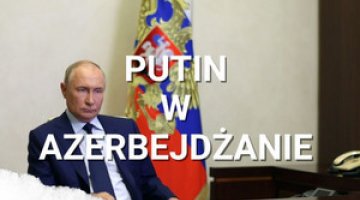Russia more assertive in its territorial dispute with Japan
During his visit to the Russian Far East on 29 September, President Dmitri Medvedev announced a visit to the Kuril Islands, which he described as “a very important part of the territory of Russia.” The announcement brought forth strong protests from Japan, which warned that any such visit would be a serious obstacle in the development of bilateral relations. President Medvedev’s announcement is part of a hardening of the Russian standpoint in this contentious territorial question, which has been observed over the last several months.
The announced visit is the latest in a series of gestures by Russia showing that Moscow does not intend to make any concessions regarding the affiliation of the disputed territories. In July, the Russian Vostok-2010 exercises took place on the Kuril Islands (a sea landing of 1500 soldiers was conducted there). The Duma has declared 2 September to be the state holiday, celebrating the end of the Second World War in the Pacific. Furthermore, during a visit to China towards the end of September, the presidents of Russia and China made a joint declaration on the occasion of the 65th anniversary of the end of the WWII. All these actions were met by official protests from Tokyo.
It seems that Russia wants to demonstrate that neither the growing power of China nor its need for modern technology and investment from Japan will make it soften its position in the dispute over the Kurils, especially as the Russian policy of separating territorial questions from economic co-operation gradually brings results; in 2009, despite the economic crisis, Japanese investments in Russia doubled (to the level of US$8bn). <MaK>





